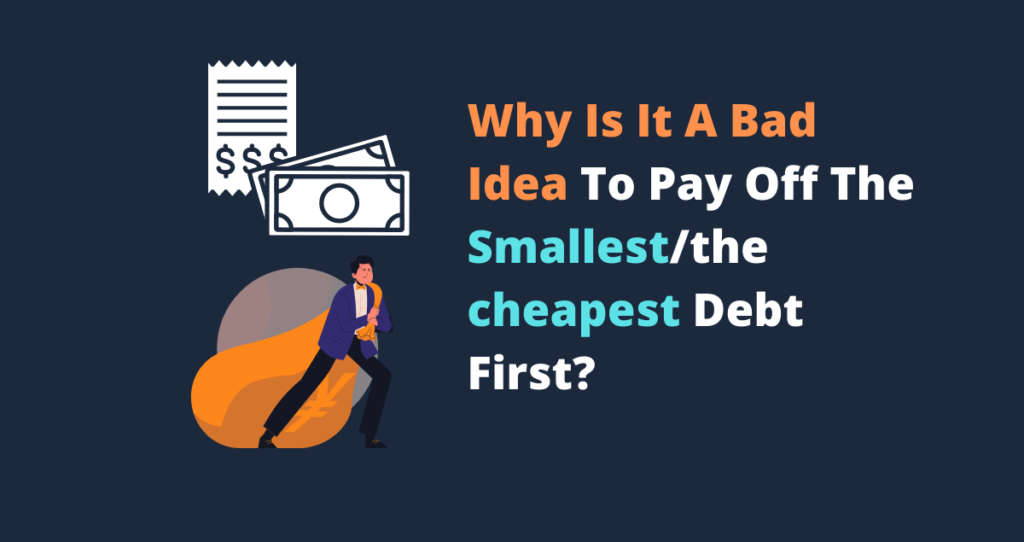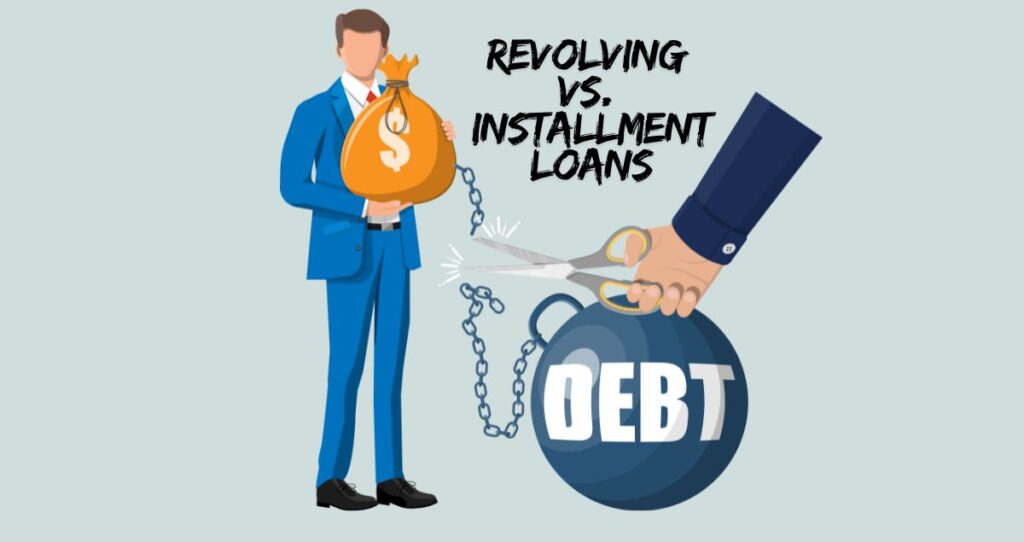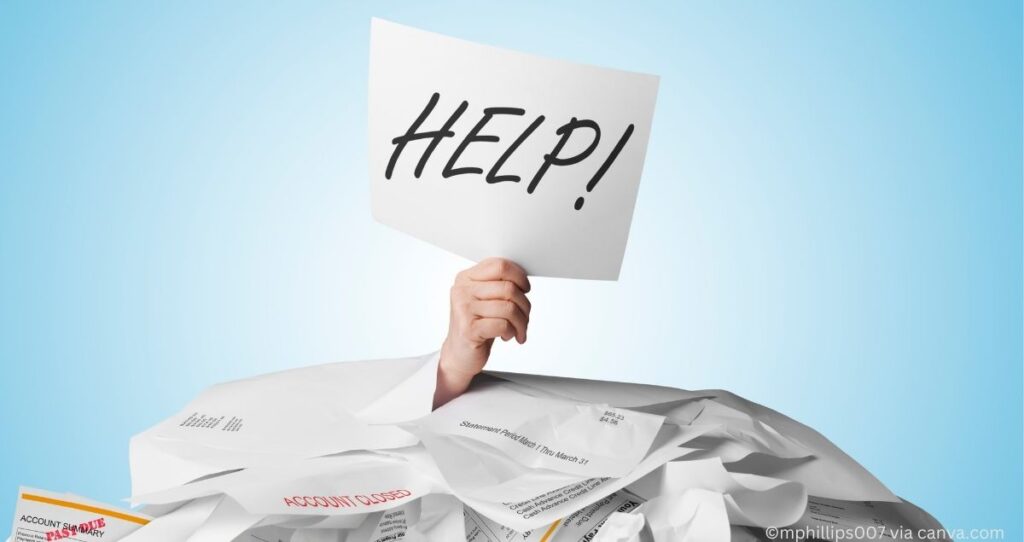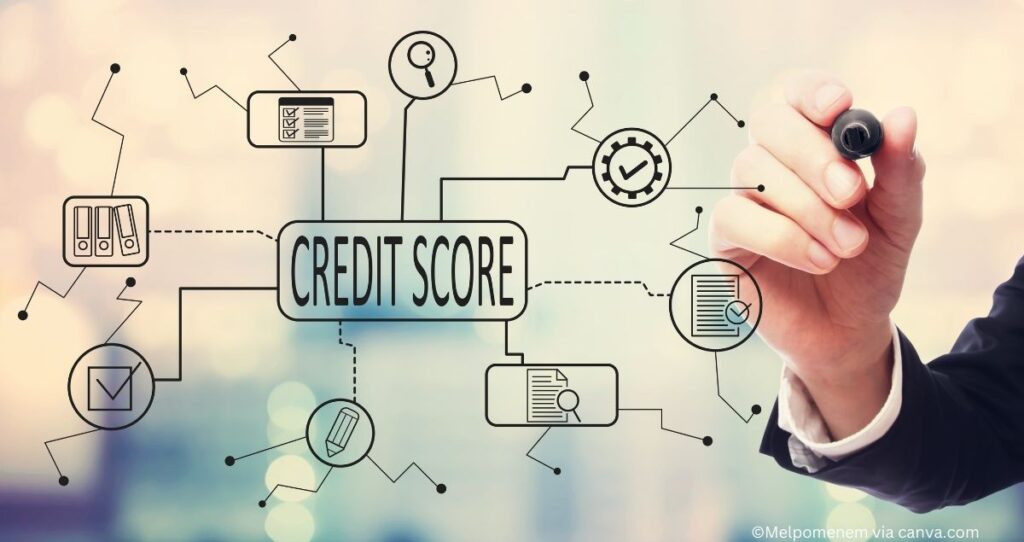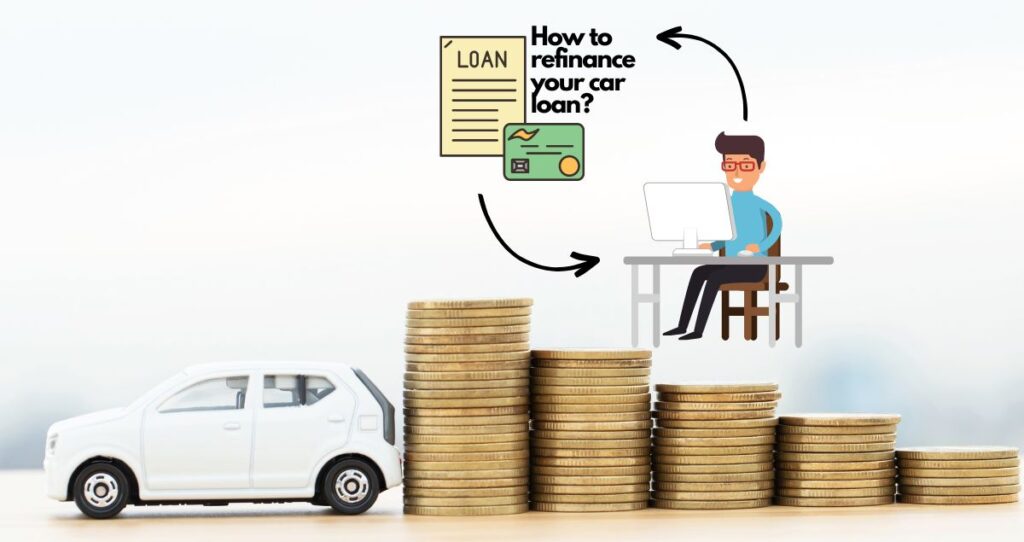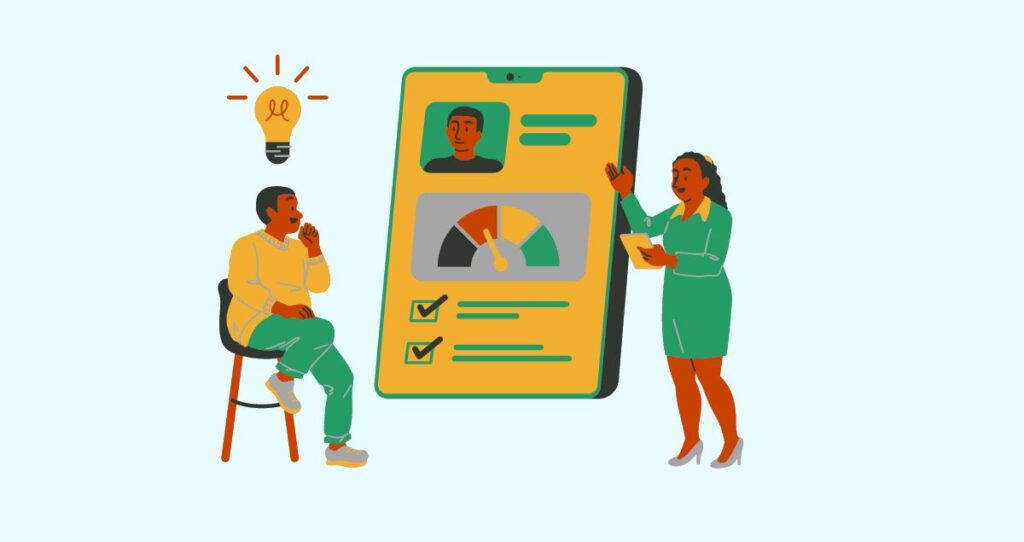Credit card debt is one of the worst consumer debts anyone can have. This is because they come with higher annual percentage rates(APRs) and they don’t help you achieve anything substantial. Most people get into credit card debts from daily spending activities such as buying expensive cars, pricy gadgets, food, clothes, movie subscriptions, etc. If you have a large balance on your cards, it is important that you think about ways to pay off credit card debt before things get out of control.
According to the data from the Federal Reserve’s Survey of Consumer Finances reported by ValuePenguin, U.S families have accumulated on average $6,270 in credit card debt. Having this much debt can make it harder to pay it off due to high APRs.
Paying off your credit card debt fast will prevent it from growing exponentially due to compounding interest. In addition, it helps you repair your credit and increase your credit score. Furthermore, being debt free will help lower your Debt To Income(DTI) ratio which in the end helps you qualify for more credit, should you want to borrow money in the future.
No matter what your current financial struggles are, it is possible to pay off your credit card debt. All you need is a debt payment strategy and stick to it. Depending on how much credit card debt you have, it might be intimidating to get started. But, you will never pay it off if you don’t get started.
My golden rule of credit cards
If you have enough cash to buy something, buy it using credit cards and use that cash to pay off those credit cards. But, If you don’t have enough cash to buy something, do not buy it using credit cards. It simply means that you cannot afford it. Start saving and come back when you have saved enough money.
Why do you have a lot of credit card debt?
The first and most important step in paying off your credit card debt and taking control of your finances is to understand why you are in debt in the first place.
You did not get into credit card debts by accident. It is due to the financial decisions you have been making over the last many years. If you want to pay off credit card debt, you need to know what you did wrong and build a strategy that prevents you from making the same mistakes.
Most people get into debt simply because they have lifestyles that cannot be covered by their incomes. Others get into debt because they don’t understand the financial products they use. For example, most people don’t know the impact of APR on their credit cards. More importantly, most credit cards come with compounding interest which makes them grow exponentially if you don’t aggressively pay them off.
So, why are you in debt? Did you just spend without knowing that your credit cards are actually loans? Some people do and I cannot blame them. Take a moment to evaluate your past financial decisions and how you ended up in this situation. This will help you know what to avoid moving forward. You don’t want to end up in the same situation many years from now.
How to pay off credit card debt?
Just like any other debt, you need a debt payment strategy and stick to it. If you need a particular system, consider the debt avalanche method or debt snowball method. Both of these methods work well as long as you stick to them.
You must make a definitive decision about getting out of credit card debts. Debt sucks and everyone knows it. No one wants to be trapped in credit card debts or any other forms of debt for the rest of their lives. You cannot get ahead when the bank is knocking on your door every month. Before you start paying off your debt, bear in mind that you will need to make changes to your routine and financial habits.
You might need to reduce your expenses and save more money that you can allocate toward credit card debt. In addition, you will need to create a budget that allows you to regulate your spending and track your progress. You can’t keep doing what you have been doing for the last few years and expect to get out of credit card debt.
If you are serious about paying down your credit card debt, the debt strategies I am going to share with you will be your complete guide.
6 ways to pay off credit card debt
These are strategies you can use to pay off your credit card debts. Some of these debt pay-off methods can also work on other debts such as student loans, car loans, personal loans, etc.
The following are 6 ways to pay off your credit card debt.
1. Choose a debt pay-off strategy that works for you
Paying off your credit card debt is not an easy task. It is might be intimidating. However, without a debt payment strategy, things can quickly get out of control. So, the first step is to figure out the right strategy you are going to use. The following are two popular debt payment strategies you can use.
- Use the debt Avalanche method. The debt avalanche method is a strategy that allows you to pay off your debts starting with the debt that has the highest interest rate first. So, you allocate more money toward the debt with the highest interest while meeting minimum requirements on other debts. With this strategy, you will need to organize your credit card debts from the highest interest to the lowest interest. Then, put more focus on the first one until it is fully paid. Once the first one on the list is paid off, move to the next one. Continue paying off your debts until all your credit card debts are eliminated. This strategy is good for people who want to aggressively pay off their credit card debts and aren’t motivated by quick results. However, the method is effective in preventing your debts from growing faster.
- Use the debt snowball method. This strategy lets you pay off your debts starting from one with the smallest dollar amount first while meeting the minimum requirements on other debts. You just organize all your debts from the smallest dollar amount to the highest. Then, put more money into the smallest debt until it is eliminated. Once the first one is out, you move to the next smallest debt. This strategy is good for people who want quick results. However, it is not as fast as the debt avalanche.
Related articles
- How to use the debt avalanche method to pay off debt?
- How to use the debt snowball method to pay off debt?
- Debt snowball vs Debt avalanche: What is their difference?
2. Pay using cash instead of credit cards
The golden rule of credit cards is: If you don’t have enough cash to buy something, do not buy it using credit cards. This means that you cannot afford it. On the contrary, if you have enough cash to buy something, buy it using credit cards and use that cash to pay off those credit cards.
That is how simple the rule is. The reason you are finding it difficult to pay off credit card debt is due to purchases you are making that are beyond your financial means. So, by switching to cash only, you will buy only what you have cash for. If you don’t have cash, don’t buy it.
This strategy will let you pay off your debts without accumulating more.
3. Consolidate your credit card debt
Another strategy you can use to pay off credit card debt is to consolidate your debts. Credit card debt consolidation means that you combine all your credit accounts into one. This strategy will make it easy for you to track your debt and never miss a payment. Debt consolidation does not eliminate your debts. Instead, it makes it easy for your to pay it off. Having too many credit cards with balances can be hard to track and manage. So, you can eliminate this issue by consolidating your credit card accounts.
The benefit of this strategy is that you might end up with a much lower annual percentage rate(APR). Hence, reducing your monthly payments.
Another strategy you can use is the balance transfer. The balance transfer lets you move an outstanding balance from one credit account with a higher APR to a new credit card account. Most new credit cards come with a grace period where you pay 0% APR on your card. This will allow you to put your expenses on this new card and pay no interest on the balance you are carrying over. However, you must pay off any accumulated balance before the grace period ends.
The new credit card will most likely come with a lower interest rate which is another benefit of the balance transfer.
Related: What is the balance transfer and how does it work?
4. Pay more than the minimum (if you are not sticking to the strategies in step 1)
It is important to understand that debt becomes a problem due to the way you handled it from the beginning. A big mistake many people make is to pay only the minimum payment every month and carry the rest to the next payment period.
But, if you can change the way you play the game, you can easily take control of your debts.
Every credit card comes with a minimum due payment every month. So, instead of paying off the minimum, consider paying off as much as possible. The more you pay off, the lesser you carry to the next payment period. As a result, the lower your interest charges. Fewer charges mean your debt won’t grow fast and you can easily catch up.
5. Reduce your expenses and increase your savings
Being in debt does not mean you don’t make enough income. Many people have stable jobs but struggle to keep up with their credit card debts. If you are stuck in the make-spend habits, consider putting a strategy in place to help you spend less and save more.
How to reduce your expenses? The strategy is simple and you can use the following tips.
- Understand your incomes and expenses through budgeting. A budget is a tool for people who want to take control of their finances and win the game of money. The budget will let you organize all your incomes and expenses. The difference between your total income and total expenses is your savings. The goal of this budget is to help you save more money that can be allocated toward debt.
- Set a target. Since you are in debt right now, you need to aggressively save more money. The best way to keep yourself accountable is to set a saving goal for yourself and a timeline. For example, your goal can be to save an extra $10,000 in the next 6 months.
- Watch where and how you spend. The saving target will be achieved only if you can reduce your expenses. So, organized items in your budget by needs and wants. Then, eliminate wants. Your Netflix subscription is a want. The news subscriptions, expensive membership, expensive clothes, etc., are all wants. Eliminate them and put that money into your savings account. More savings automatically gives you the extra cash you can allocate toward debt payment.
Related: 20 clever ways to reduce expenses and increase savings
6. Work with your lender and consider debt counseling
Your lender is a human being and can understand when someone is having financial hardship. At the end of the day, credit card companies do not want you to go bankrupt. When this happens, things get complicated on both sides. If you think the monthly payment you have is too much to bear due to a recent financial hardship, for example, work with your lender to figure out payment plans that can help you pay off credit card debt. A manageable debt repayment strategy could be the only thing you need.
There is no guarantee that you will get a positive answer. However, you never know until you ask.
It is sometimes important to consider debt counseling especially if you have been struggling with your debts for quite some time. Since your financial situations are unique, a debt counseling agency can help you design a debt payment strategy that works for you.
Why do you need to pay off your credit card debt as soon as you can?
Unless you are investing, you should not borrow so that you can spend more. If you are in debt and you are not investing, pay off your debts as soon as possible. The longer you hold your debts, the more they cost you due to interest, fees, and charges.
Why is important to pay off your credit card debts?
- Most of your credit cards come with compounding interest which grows your debt exponentially when you are not careful. That is your credit card debt can grow to a level where you can no longer afford to pay it off. So to avoid this issue, pay it off as soon and fast as you can.
- You will build your credit. Having bad credit means that you did not make proper choices toward debt in the past. One way to repair your credit is to take control of your debts and pay them off. Good credit will come in handy when you are borrowing more money in the future.
- Your credit score will go higher. To many credit card debts means that your credit utilization is also higher. A high credit utilization affects your credit score by 30%. So, by paying off your debt, you automatically reduce your utilization. A lower credit utilization leads to an increase in your credit score.
- You will have freedom. When you have debt, you are technically not free. You live by the mercy of the lender. It is like having a shackle on your income. Everything you make gets taken away from you. When your debts are paid off, you get to live a life like you are meant to live.
What credit cards to avoid?
Now that you know how to pay off your credit card debt, what credit cards should you avoid? Or what is a bad credit card?
If you are shopping for a credit card, make sure you get a credit card that lets you spend but also gives you extra benefits. The following are tips to help you pick the right credit card.
- Avoid credit cards with higher APRs. Even if you are not planning to carry balances on your credit cards, you should always avoid credit cards with higher APR. You cannot tell what your finances will look like in the future. On top of this, you are not borrowing money to invest. You are literally shopping. So, you don’t need to pay that much interest so that you can go shopping.
- Avoid credit cards without signing bonuses. Most lenders give you incentives in a form of bonuses for just signing up. You can easily get $200 for signing up. Why would you sign up for a credit card for free, if someone is paying you money to sign up? It is free money.
- Avoid credit cards without perks. The benefits of credit cards do not only come in the form of building credit and credit scores. Instead, you get other benefits such as
- Mile points
- Discounts
- Cashbacks, etc
You should avoid credit cards without perks such as mile points, cash backs, and discounts. Having such a credit card does not give you any benefits besides building your credit score and credit history. It is like using cash. The only difference is that you will be getting in debt.

